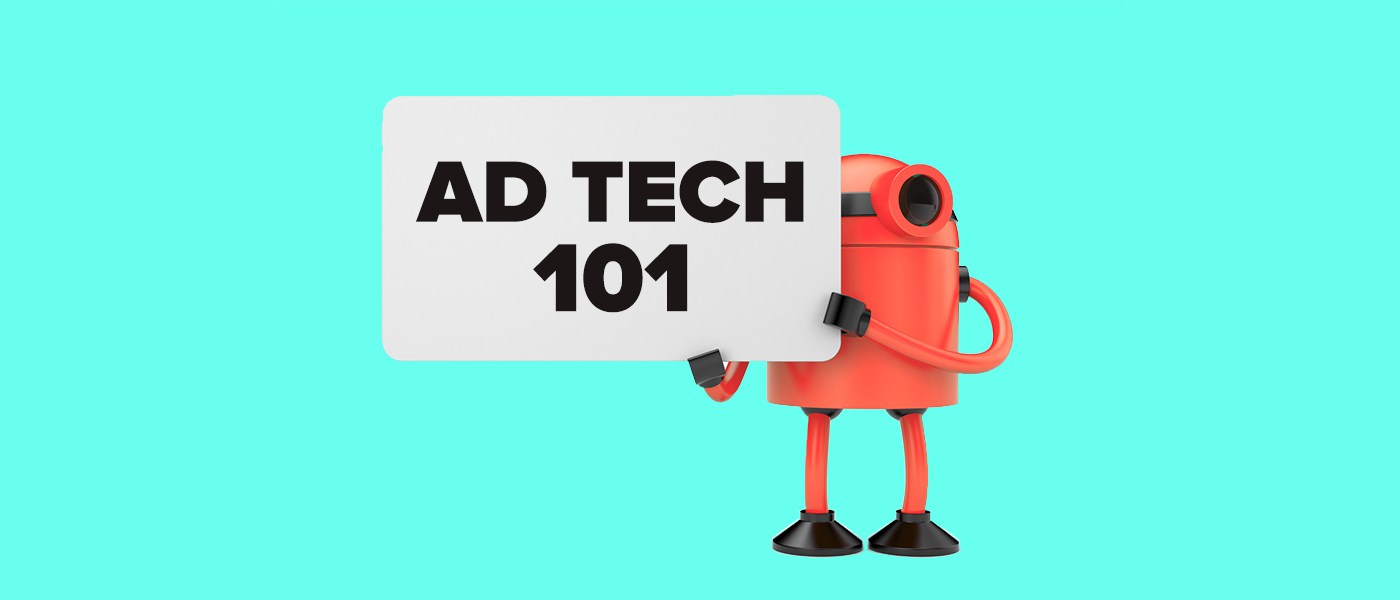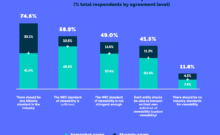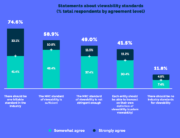The Lumascape is about to get its close-up, but it’s far from ready.
Facebook’s crisis over Russian propaganda ads and misuse of people’s data has made increasingly clear the role of data and tech in people’s lives. That’s about to gain steam, with enforcement of the EU privacy law, the General Data Protection Regulation, starting in May. Already, people have been greeted with pop-up messages in stilted legalese from ad retargeters trying to gain consent from people to track their browsing activity.
Ad tech companies aren’t known to the public the way Facebook is, but Facebook’s troubles have contributed to a growing awareness that people are being tracked, which won’t make it easy for those ad tech companies to gain consent. Stories about Russian ads populating the news feed had been in the headlines for months before anyone heard of Cambridge Analytica, the data firm with ties to Donald Trump that’s at the center of the Facebook scandal. Ad tech is mainstream news now, but the industry has a long way to go in learning how to explain itself to the public. (The platforms, being consumer brands, are generally better at this, but they’re not immune to reproach; Facebook was widely criticized for bungling its response to the Cambridge Analytica situation.)
“Ad tech companies have had a couple historical problems communicating what they are and how they do it because it’s really complex and, if you’re a layman, really boring,” said Matt Rosenberg, who has worked on the ad tech and media sales sides and is now an independent tech consultant. “I challenge you to find 10 people in our industry that can cogently explain what they do to their parents.”
By its nature, ad tech tends to attract people who like working behind the scenes. “The minute ad tech people took over South by Southwest, it became uncool. Party over,” said Todd Sawicki, CEO of Zemanta, a programmatic native ad platform.
Read More at The Original Article: digiday.com









